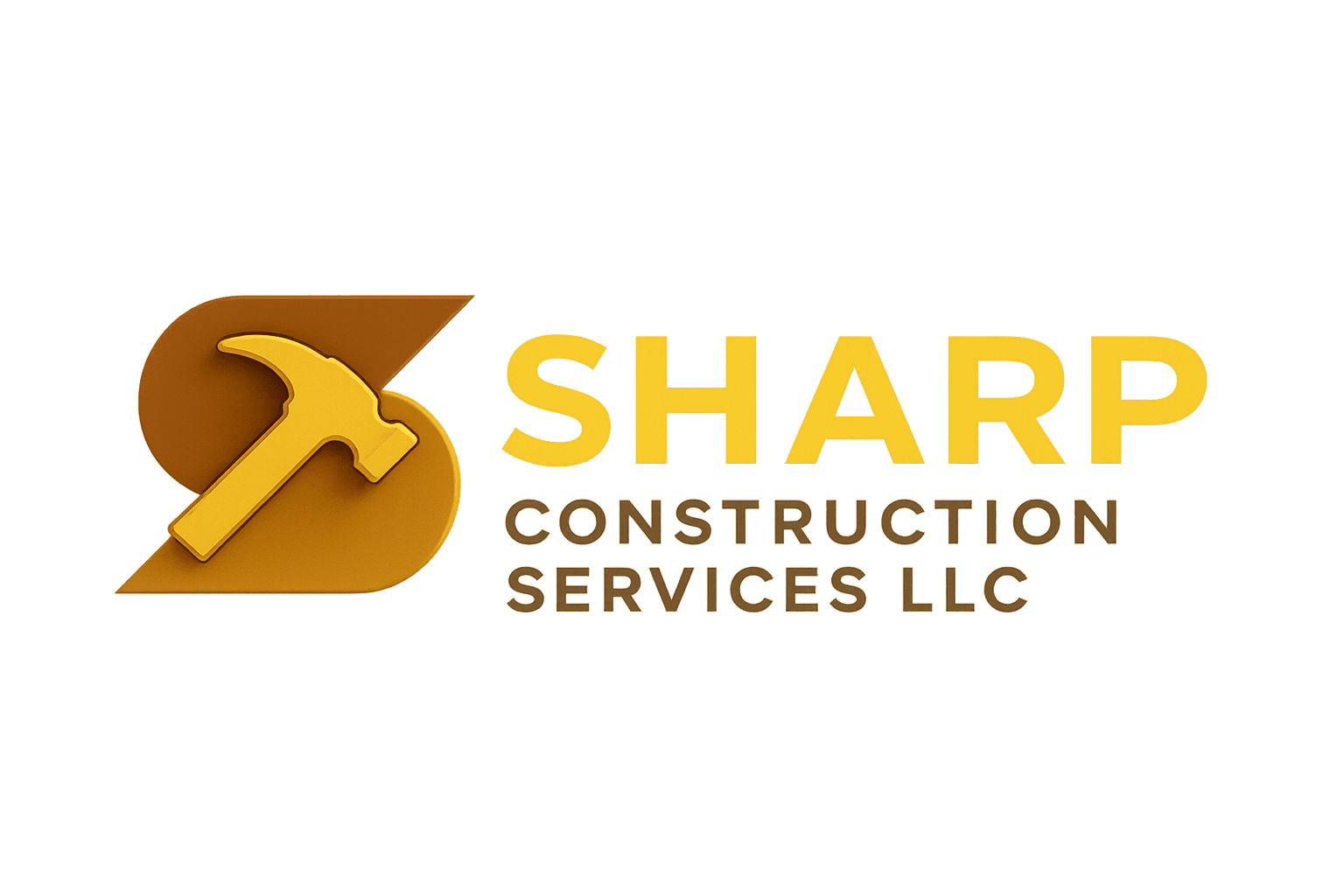Understanding Local Regulations for Home Renovation Projects in Pittsburgh
Understanding Local Regulations for Home Renovation Projects in Pittsburgh
Embarking on a home renovation project in Pittsburgh can be an exciting venture, offering the opportunity to enhance your living space and increase property value. However, it's crucial to understand and adhere to local regulations to ensure your project runs smoothly. Pittsburgh has specific codes and permits required for various types of renovations, and failing to comply can lead to fines and delays.

Why Permits Are Essential
Obtaining the necessary permits is a critical step in the renovation process. Permits are designed to ensure that any structural changes meet safety standards and comply with building codes. Whether you're adding a new room, remodeling a kitchen, or altering the plumbing, having the appropriate permits helps safeguard your investment and the well-being of your household.
The City of Pittsburgh requires permits for most types of construction work, including electrical, plumbing, and mechanical modifications. Even smaller projects like installing new windows or fences may require approval, depending on the scope of work. It's essential to check with the Department of Permits, Licenses, and Inspections (PLI) to understand the specific requirements for your project.
Steps to Acquire Necessary Permits
The process of acquiring permits in Pittsburgh involves several steps. Initially, you'll need to submit detailed plans of your proposed project to the PLI. These plans should include architectural drawings and specifications of the work to be done. Once submitted, the plans will be reviewed for compliance with local building codes and zoning laws.

If your project meets all necessary criteria, you'll receive approval, and permits will be issued. It's important to note that this process may take some time, so plan accordingly. Additionally, fees are associated with obtaining permits, which vary based on the type and scale of the project.
Zoning Considerations
Zoning laws in Pittsburgh play a significant role in home renovation projects. These laws determine how properties can be used and what changes are permissible. Before beginning a renovation, it's vital to verify that your plans align with zoning requirements. For instance, converting a basement into a rental unit may not be allowed in certain residential zones.
The city's zoning map and code provide valuable guidance on permitted uses and can help you avoid potential conflicts. Consulting with a zoning officer or professional architect can also provide insights into how zoning laws may impact your renovation plans.

Working with Licensed Contractors
Hiring licensed contractors is another critical aspect of adhering to local regulations. Licensed professionals are familiar with Pittsburgh's building codes and can help ensure your project complies with all legal requirements. They can also assist in navigating the permit application process and coordinate inspections.
When selecting a contractor, verify their license status with the Pennsylvania Attorney General's Office or the Better Business Bureau. This verification helps protect you from potential fraud and ensures quality workmanship.
Final Inspections and Compliance
Once your renovation project is complete, a final inspection by city officials is usually required to verify compliance with all applicable codes and permits. Passing this inspection is essential for legally completing your project and avoiding future legal complications.
In summary, understanding and adhering to local regulations is crucial for any home renovation project in Pittsburgh. By securing the right permits, considering zoning laws, working with licensed contractors, and passing final inspections, you can ensure a successful and compliant renovation process.
